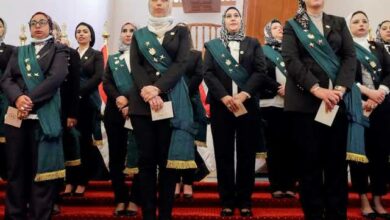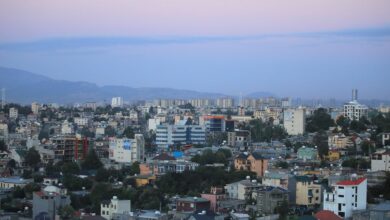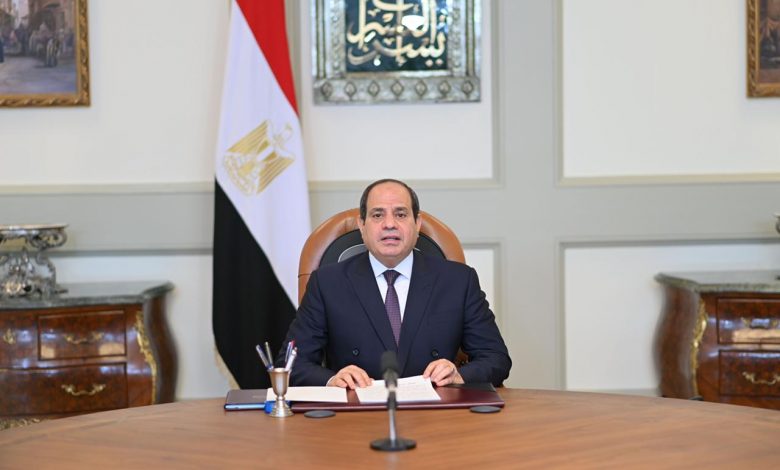Egyptian judges have disagreed over the government’s recent justifications for extending the state of emergency. This came in response to Prime Minister Ahmed Nazif’s announcement earlier today of a draft law that would extend the state of emergency but limit government powers to combating terrorism and drug trafficking.
Court of Cassation Vice President Ahmed Mekki believes that the real reason for extending the Emergency Law is that the regime still wants to remain in power after 30 years and in spite of the people’s wishes.
“It is a tool for the regime to arrest its political opponents under the pretext of attempting to topple it or distort public order,” he said.
“Our Penal Code already punishes terrorists and drug dealers,” he added. “We don’t need a state of emergency for that.”
“Governments of other countries announce a state of emergency under specific conditions and for no more than three months,” Mekki continued. “And if things do not change, those governments resign.”
Zaqaziq Criminal Court President Hassan Eissa agreed with Mekki. “The government cannot claim that the state of emergency protects the citizens, because it actually intimidates them,” he said.
“Other countries are also threatened by terrorism but do not declare a state of emergency,” said State Council Vice President Saeed Borghosh, considering the matter as “bizarre.”
However, Judges’ Club President Ahmed el-Zend said that the extension of a limited version of the Emergency Law is a step on the way of its complete abolition.
“What I like about the new extension terms is that the government waived its right to shut down newspapers,” he said.
“While it is true that our penal code is enough to combat terrorism and drug dealing, the state of emergency is faster in this regard, as the normal legal procedures take time,” he added.
Assiut Judges’ Club President Refaat el-Sayyed, for his part, said: “The security services are the ones who can tell if we need a state of emergency, as the layman on the street doesn’t have the means to evaluate its necessity,” he said.
Translated from the Arabic Edition.




